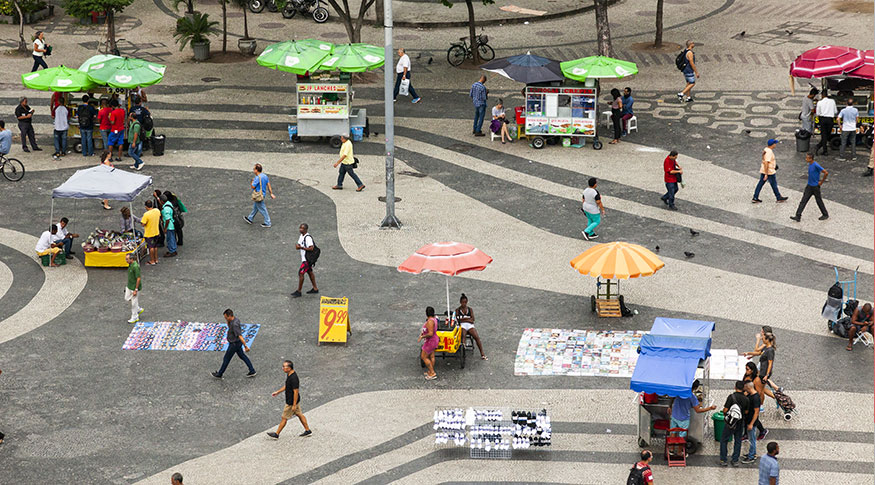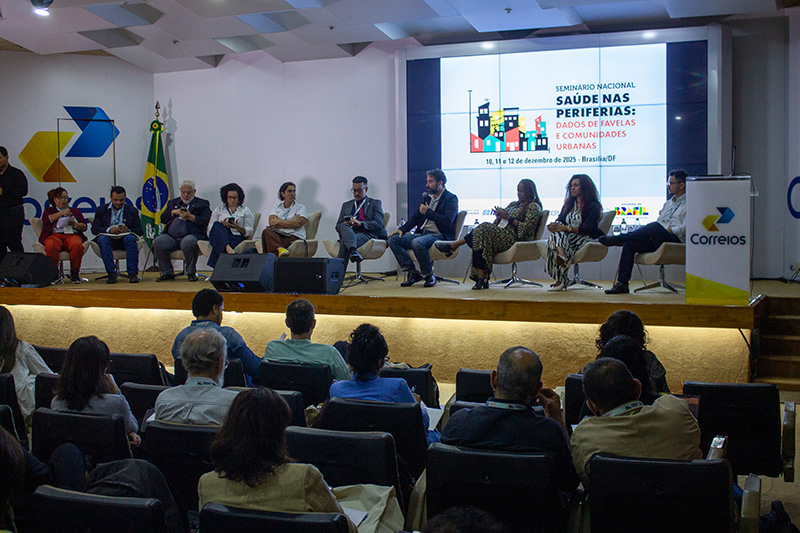Continuous PNAD
Unemployment decreases to 11.8% and informal work hits highest level in the time series
September 27, 2019 09h00 AM | Last Updated: October 02, 2019 01h06 PM

Unemployment rate fell once more and hit 11.8% in the quarter ended August, after a result of 12.3% in the quarter ended May. In spite of that, 12.6 million persons are still searching for work in Brazil. The decrease of unemployment was influenced by the inclusion of 684 thousand persons in the labor market, which resulted in a total of 93.6 million employed persons, the highest figure since 2012.
Nevertheless, the increase in the number of working persons came along with record figures in the informal labor market. According to data from the Continuous National Household Sample Survey (Continuous PNAD), released today by the IBGE, 41.4% of the employed population has informal occupations, the highest proportion since 2016, when the indicator started being released. From the 684 thousand newly-employed persons, 87.1% joined the labor market by means of informal activities.
This group encompasses workers without a formal contract (employed in the private sector and domestic workers), those not listed in the National Register of Legal Entities (employers and self-employed workers) and those without compensation (who help in activities in the household).
Persons without a formal contract amounted to 11.8 million persons and self-employed workers to 24.3 million workers in the quarter ended August, the highest figures in the time series that started in 2012.
The survey also showed that only 62.4% of the employed population contributed to social security in the quarter ended August. "There has been a trend to decrease since the beginning of the year", says the Continuous PNAD analyst, Adriana Beringuy.
According to the IBGE's deputy Director of Surveys, Cimar Azeredo, at this time of year the employed population is expected to increase, with an impact on the wage bill, which is stable at its highest level, of R$ 209.9 billion. The average yield stayed at R$ 2,298, also stable.
“This increase of employment was not enough to raise the wage bill, since most job posts were generated in the informal market. It is the wage bill that causes positive movement in the market ", Mr. Azeredo explains.
Among the sectors, employment increased against the previous quarter in industry (2.3%, or 272 thousand persons) and construction (2.8%, or 181 thousand persons). In construction, that was the first significant increase after seven quarters, whereas industry increased for the second quarter in a row, with a cumulative 545 thousand new job posts in the period.
“Construction was severely affected by the crisis. the interrupted works led to the dismissal of many "factory gate" workers. More editions of the survey are needed before we can be sure results point to recovery".
Number of discouraged persons faces first decrease in more than 5 years
The underutilization rate fell to 25.3%, ppushed by the increase of employment and by the ddecrease of 3.9% in the discouraged population, which gathers 4.7 million persons who gave up looking for a job. That is the first significant decrease in discourage persons in a little more than five years, since the qurter ended February 2014.
The number of underemployed persons to insuffiency of working hours, persons who work less than 40 hours per week and would like to work more,stayed at 7.2 million persons. That is the highest figure since 2012, with stability against the previous quarter.


















